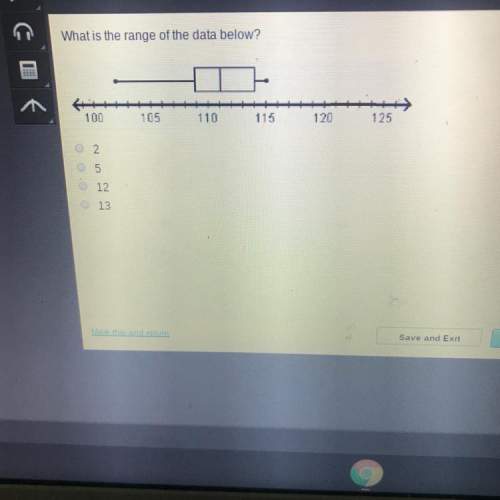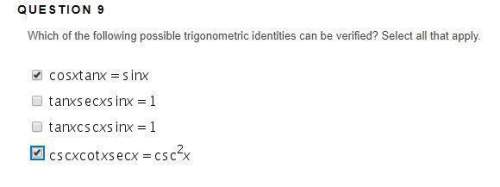
Mathematics, 07.10.2019 22:00 ramentome7542
In a certain contest, the players are of equal skill and the probability is 1/2 that a specified one of the two contestants will be the victor. in a group of 2^n players, the players are paired off against each other at random. the 2^(n − 1) winners are again paired off randomly, and so on, until a single winner remains. consider two specified contestants, a and b , and define the events a (i) , i ≤ n , e by:
a(i): a plays in exactly i contests
e: a and b ever play each other a) find p(a( i = 0, n b) find p(e) c) let p(n) = p(e). show that: p(n) = 1/(2^n - 1) + (2^n - 2)/(2^n - 1) (1/4) p(n-1) d) explain why a total of 2^n-1 games are played. number these games and let b(i) denote the event that a and b play each other in game i, i = 1, 2^n-1 e) what is p(b( f) use part (e) to find p(e).

Answers: 3


Another question on Mathematics

Mathematics, 21.06.2019 19:30
Bob is putting books on a shelf and takes a break after filling 18 1/2 inches on the book shelf. the book shelf is now 2/3 full. how long is the entire bookshelf?
Answers: 2


Mathematics, 21.06.2019 20:30
What is the difference between the equations of a vertical and a horizontal line?
Answers: 2

Mathematics, 21.06.2019 21:00
Which expression is equal to (21)(7)(3x) using the associative property? (21 · 7 · 3)x (7)(21)(3x) 32(7 + 3x) (3x)(7)(21)
Answers: 2
You know the right answer?
In a certain contest, the players are of equal skill and the probability is 1/2 that a specified one...
Questions




Mathematics, 03.04.2020 21:37

Computers and Technology, 03.04.2020 21:37


Computers and Technology, 03.04.2020 21:37






Biology, 03.04.2020 21:38











